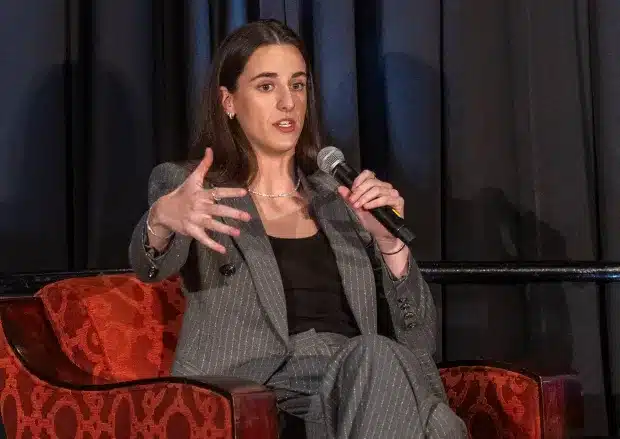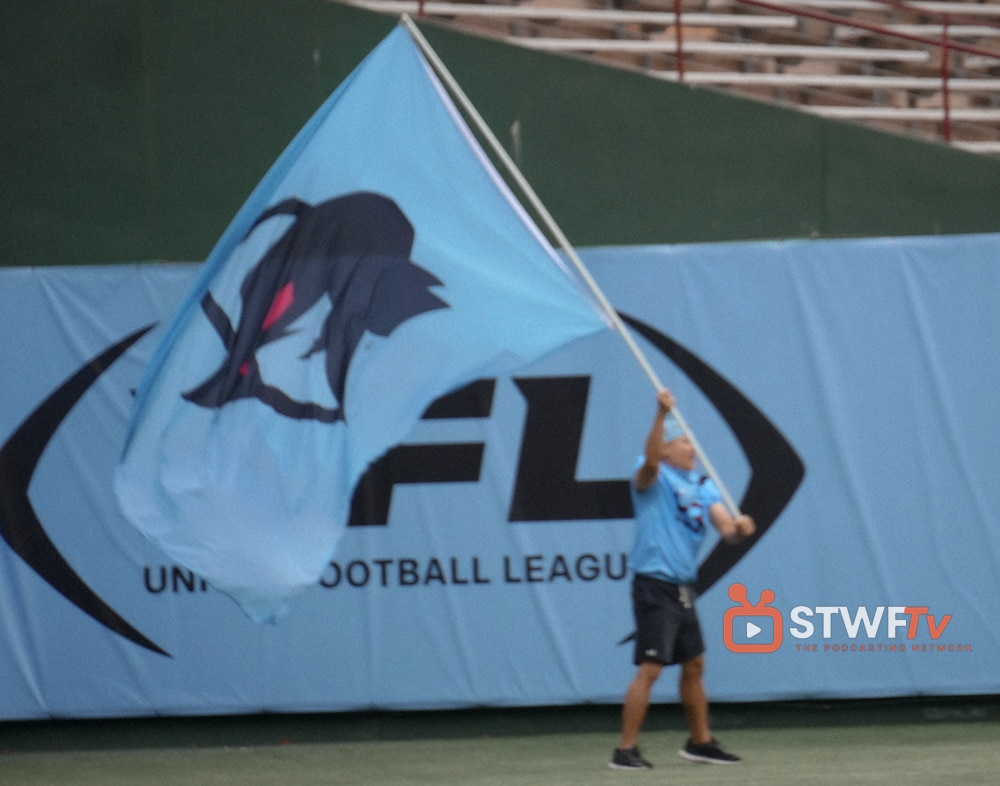STWF | Indiana | Nov. 7 2025 – The WNBA is bracing for one of the biggest challenges in its nearly three-decade history as a new global basketball league — Project B — has officially launched with ambitions to reshape women’s basketball on an international scale.
Founded by former Facebook executive Grady Burnett and Skype co-founder Geoff Prentice, Project B is set to debut in November 2026, hosting five-on-five basketball tournaments across Asia, Europe, and Latin America. The league’s emergence positions it as a fourth global power in women’s basketball — alongside the WNBA, EuroLeague, and the upstart U.S.-based league Unrivaled, founded by Breanna Stewart and Napheesa Collier.
What makes Project B different — and potentially disruptive — is its massive financial backing and its willingness to offer salaries that dwarf those in the WNBA.
A Global Vision Backed by Deep Pockets
Project B’s founders have stated that their mission is to “build a truly global women’s basketball ecosystem,” one that prioritizes both player compensation and global fan engagement. According to sources close to the league, the new enterprise will feature short-season tournaments in major international cities, potentially creating an NBA-style global tour that combines competitive play with entertainment and marketing opportunities.
“The goal is to make women’s basketball a global product — to take the game where the fans are,” Burnett said in a recent interview. “Players deserve to earn like the global stars they are.”
The league has already made its first major splash by signing Seattle Storm forward Nneka Ogwumike, a WNBA champion, MVP, and one of the sport’s most respected veterans, as its inaugural player. Ogwumike’s signing gives Project B instant credibility and star power — not only because of her talent but also because of her leadership within the players’ union and the broader women’s sports community.
A Potential Exodus of WNBA Stars?
While Ogwumike is the first player announced, multiple reports indicate that several other WNBA stars have already agreed to terms with Project B, with announcements expected in the coming months. The league is reportedly targeting both established superstars and rising icons — including names like Angel Reese and Caitlin Clark, two of the most marketable players in the sport today.
If those signings materialize, the balance of power in women’s basketball could shift dramatically.
The WNBA, long criticized for its salary disparities compared to male counterparts in the NBA, faces a new dilemma. While the league has made strides in improving pay and travel accommodations through its most recent Collective Bargaining Agreement, most players still earn a fraction of what Project B is reportedly offering — six- and seven-figure deals per tournament, plus global endorsements.
For many athletes, that’s not just a pay raise; it’s life-changing money.
A Global Game with Global Stakes
Project B’s model differs from the WNBA’s traditional summer league format. Its rotating tournament structure, taking place during the WNBA offseason, may allow players to participate in both leagues — though scheduling conflicts could quickly emerge if Project B expands.
Insiders suggest that the league plans to stream games globally through digital partnerships rather than relying on traditional television deals, leveraging Burnett and Prentice’s deep tech-industry backgrounds. The founders are reportedly in advanced talks with international brands interested in sponsoring women’s basketball at a global scale — a sign that major advertisers are finally recognizing the sport’s market potential.
The WNBA’s Response
As of now, the WNBA has not issued an official statement regarding Project B, but league insiders say discussions are already underway about how to retain top talent and protect the league’s standing as the premier destination for women’s basketball.
WNBA Commissioner Cathy Engelbert has previously expressed openness to offseason partnerships but has also stressed the importance of maintaining league continuity and player safety.
For now, the rise of Project B represents both a threat and an opportunity — a chance for women’s basketball to reach unprecedented global heights, but also a wake-up call for existing leagues to adapt to a rapidly changing sports economy.
One thing is certain: the women’s game has never been more competitive — both on the court and in the business world.




